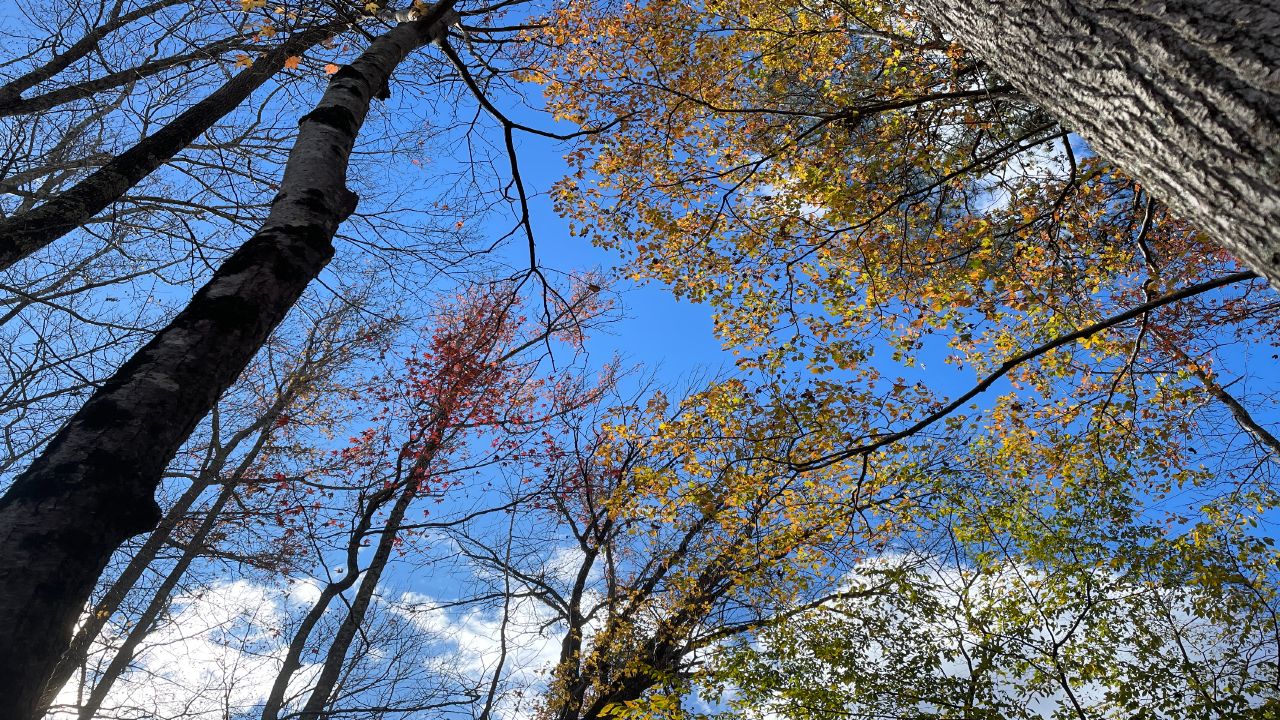SAN ANTONIO — Chef Jacob Gonzales holds his family’s legacy in a journal filled with recipes that his late abuela Zulema Gonzales left for his family in 1994. It was gifted to him.
“I balled up crying because that’s my grandmother. We were really, really close,” Gonzales said.
Making his grandma’s carne guisada is a go-to plate for him. He can almost smell his childhood as the onions, tomatoes, meat and peppers are cooking in the pan.
“It’s a totally different way of making carne guisada, and this is something I have never seen anywhere else,” Gonzales said. “When I do eat it, it’s kind of like ‘Dang, that’s Grandma.’”
Gonzales filmed a conversation with his grandma before she passed as a way of documenting her recipes.
He just discovered he can store his grandmother’s recipes in the country’s largest Mexican cookbook collection at the University of Texas at San Antonio library's special collections.
The collection is overseen by Felipe Barrera and Amy Rushing. Rushing is the assistant vice provost for special collections at UTSA while Barrera is the director of development for libraries and museums.
The collection is made up of over 3,000 cookbooks dating from 1789 to the present day.
“It’s a high collecting priority for us. It makes sense for it to be here in San Antonio,” Rushing said. “It’s part of the culture here and we feel it’s a great resource for chefs.”
Barrera says the collection is part of the South Texas DNA, especially at a Hispanic-Serving Institution like UTSA.
“It’s been really incredible to kind of see how the community has embraced this collection and we’ve mentioned students, professors, chefs, writers,” Barrera said.
Visits to the collections are open to the public but are by appointment only because of the massive volume of cookbooks that are stored, and the ones that UTSA continues to receive, like Zulema Gonzales’.
“It’s a little living memory of his family that carries on that becomes a legacy for the next generation, and I think that’s what you see in all these cookbooks,” Rushing said.
It's a way for Mexican women and men to etch their stories in stone and have it live on in history through recipes.
“This stems me to my culinary roots. She’s [Zulema Gonzales] still living,” Gonzales said.











